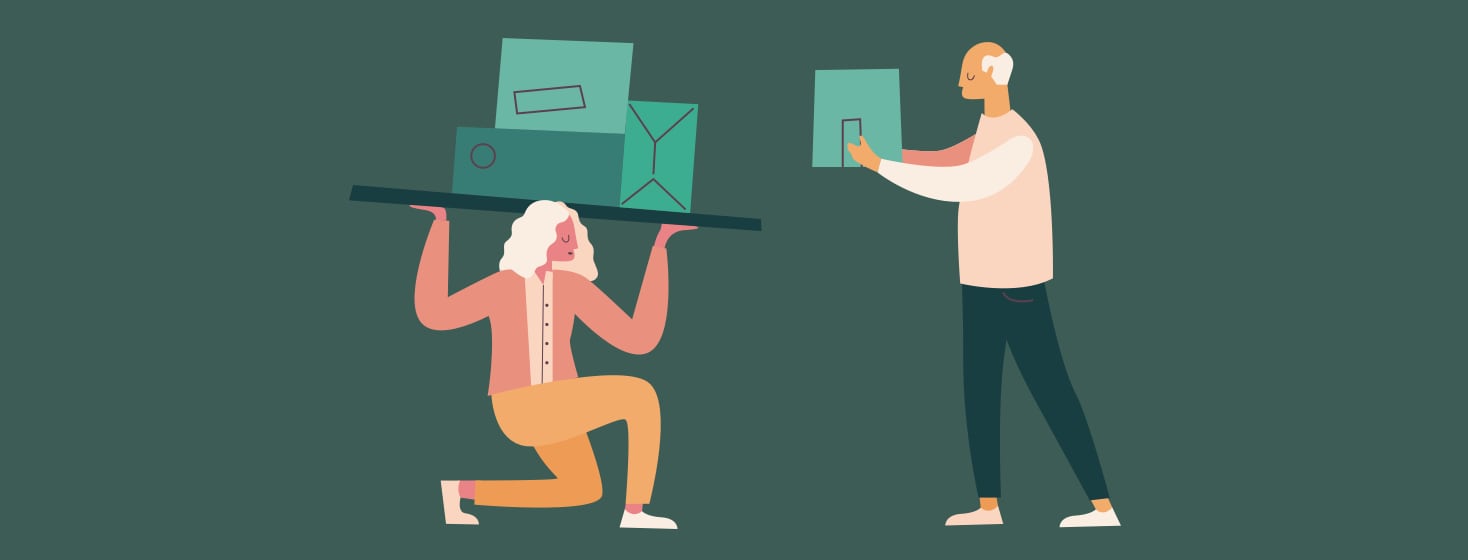Advocacy Burnout: Finding Balance, Progress Reflection, and Seeking Help
Continuing from my last article about Advocacy Burnout, here are more of my strategies and tips that have helped me. If you are looking for my previous article, you can find it here.
Find your balance
Find a balance between your advocacy work and all the other areas of your life: work, personal relationships, hobbies, and self-care. Self-care is as important as productivity. And, your friends and family are as important as the patients for what you advocate. Try not to prioritize advocacy over other things, but find a happy balance that includes them more equally.
If I feel the strain, of Advocacy Burnout, I immediately try to assess where I can set new boundaries and say no to some advocacy requests. Setting boundaries is something I very much struggle with because I fear letting down a fellow patient or organization about which I’m passionate.
I actually practice, in the mirror, using positive self talk and empathy, as I rehearse, to prepare myself just to say… no. Saying no to one thing, allows you to say yes to something else, or someone else. Don’t think of it as a hard, “no.” Think of it as, “not at this time, thank you.“
Reflect on your progress
Reflect on progress you have made and celebrate your successes. My Advocacy Burnout Prevention Plan also includes a hefty heaping of gratitude. Whenever I get stressed, I remind myself, “every emotion only lasts 90 seconds. Just breathe, slowly and deeply, for 90 seconds, and this, too, shall pass.“
While I am breathing, and waiting, I come up with three things, for which I’m grateful, in that moment. I.E. if I’m stressed out about a writing deadline, I might say to myself, “I’m grateful that I get to work from home today. I’m grateful that my dog is in my lap. I’m grateful that I have a supportive seat cushion.”
At the end of 90 seconds, I always feel calmer, lighter… And more grateful. I truly believe gratitude is one of “the secrets to resilience.” If you want to learn the rest of them, come hear one of my presentations, as a Featured Speaker, on “The Secret To Resilience,” or subscribe and watch the recordings on my YouTube channel.
Seek help, if you need it
When you feel overwhelmed, by work, life and volunteering, seek help from a professional counselor or therapist. Some people mistakenly think it is “weak” to ask for help. In reality, it takes strength of character, and bravery, to face your fear, admit you need help, and then, actually reach out and ask for it. It is weak to give into fear, and NOT ask for help. Only strong people are brave enough to ask for and get the help they may need, when they need it.
If you are just starting out, on your advocacy journey, start slowly, advocating for one support group or organization. See how becoming a Patient Advocate suits you before you overextend yourself by volunteering for multiple projects at once. You may find it gives your life, a great sense of purpose, like I did, and make it your life’s work. Or, you may find it triggering, draining, and too emotional, personally, and decide it’s not for you.
If you decide you love Patient Advocacy, as much as I do, come say “HI” if the next medical conference. I’ll be the one wearing zebra stripes, the mascot for rare diseases and conditions, of which I am now diagnosed with nine!
Learn to say no
Keep setting boundaries by learning to say no: It's important to set limits that are realistic expectations, and not take on too much at one time. I am one of those people who is much more comfortable, giving than receiving. Some people are just the opposite, and they tend to be attracted to people like… Me… And leave me feeling used and unappreciated.
I find February particularly overwhelming, every year, because I meet with five of my senators and representatives to promote over a dozen pieces of legislation, on behalf of several organizations, all in the same month. As a result, if you asked me to do some thing for you in February, I’m much more likely to say no, than any other month. That goes double for the week of my birthday. I think Aquarians are just born givers, because I rarely meet another one I don’t like! Aquarian, or not, if you were a giver, like me, let’s connect to be part of each other’s community.
If you were a taker, get in line… Get in the back of the very, very, very long line, I learned to create, by setting boundaries and saying no.
What would be in your "Advocacy Burnout Prevention Plan"? Please share in the comments below!

Join the conversation